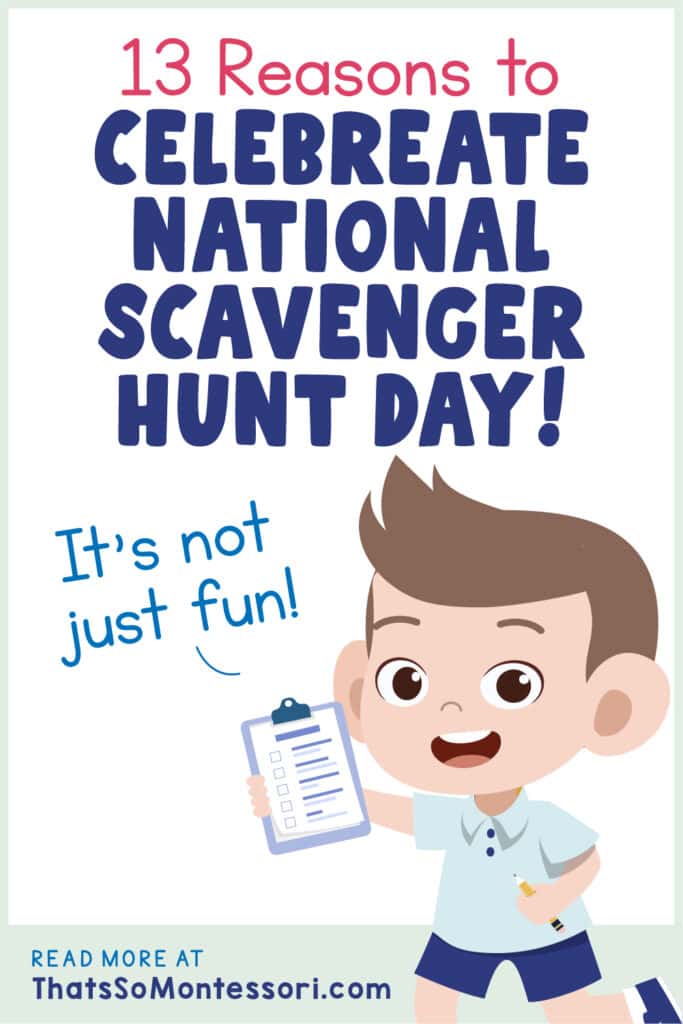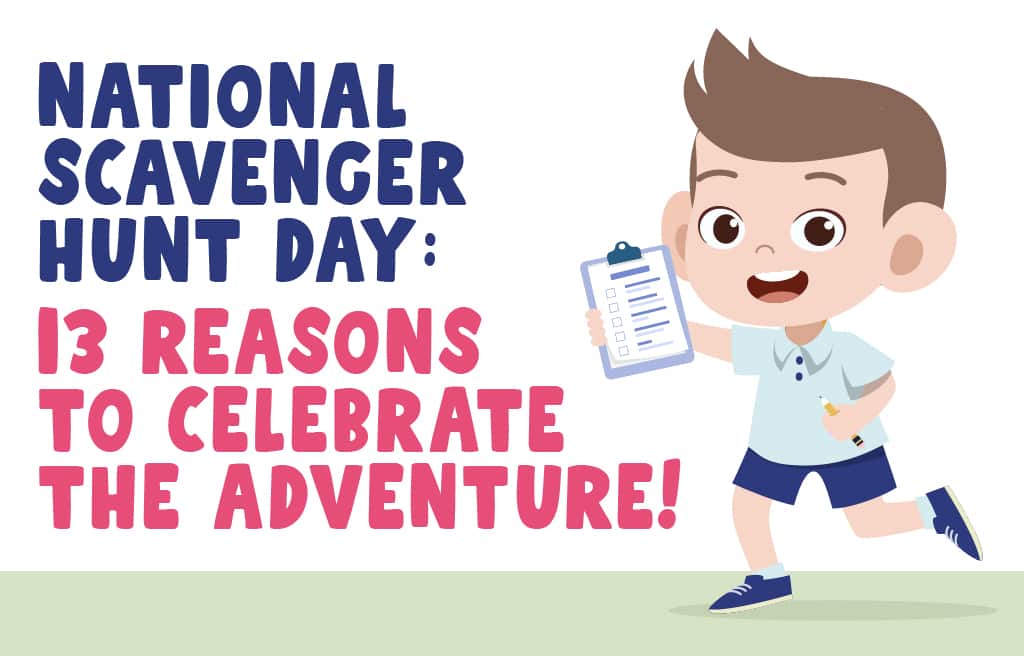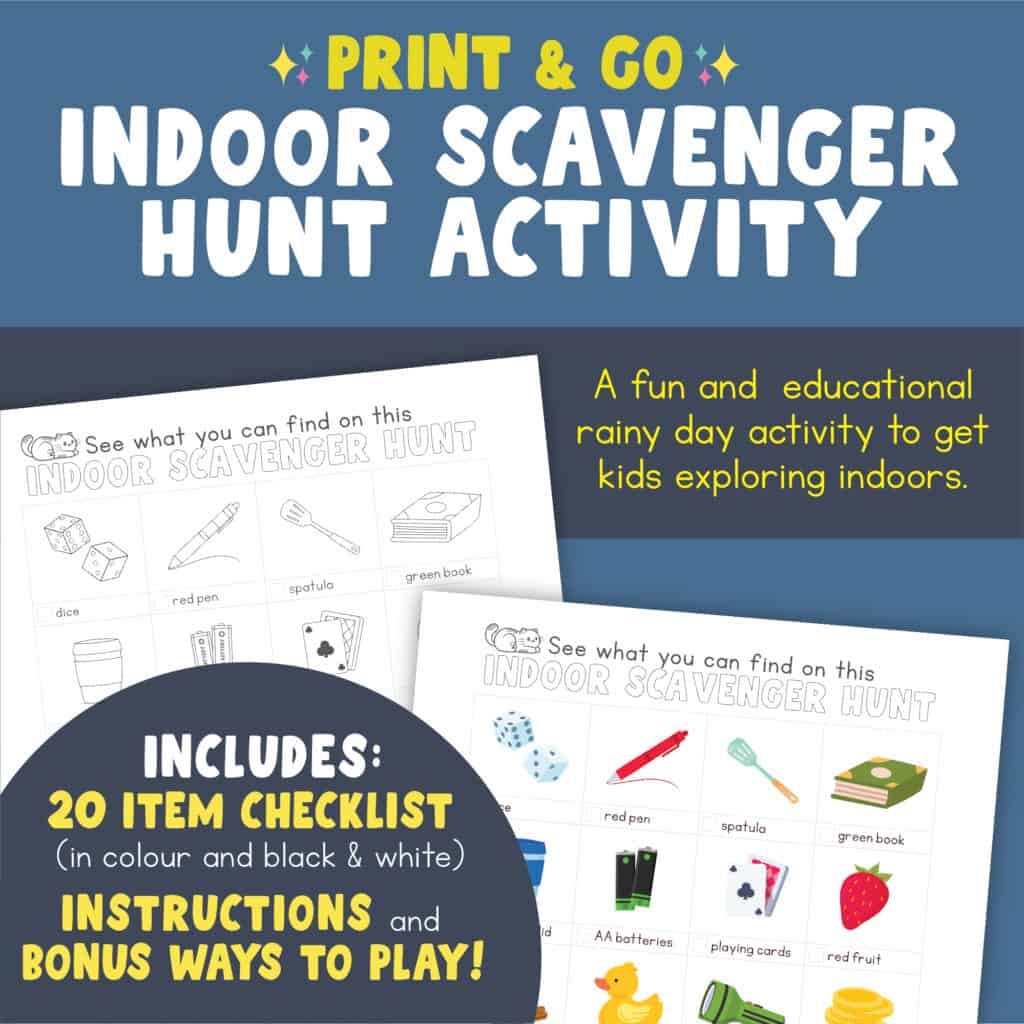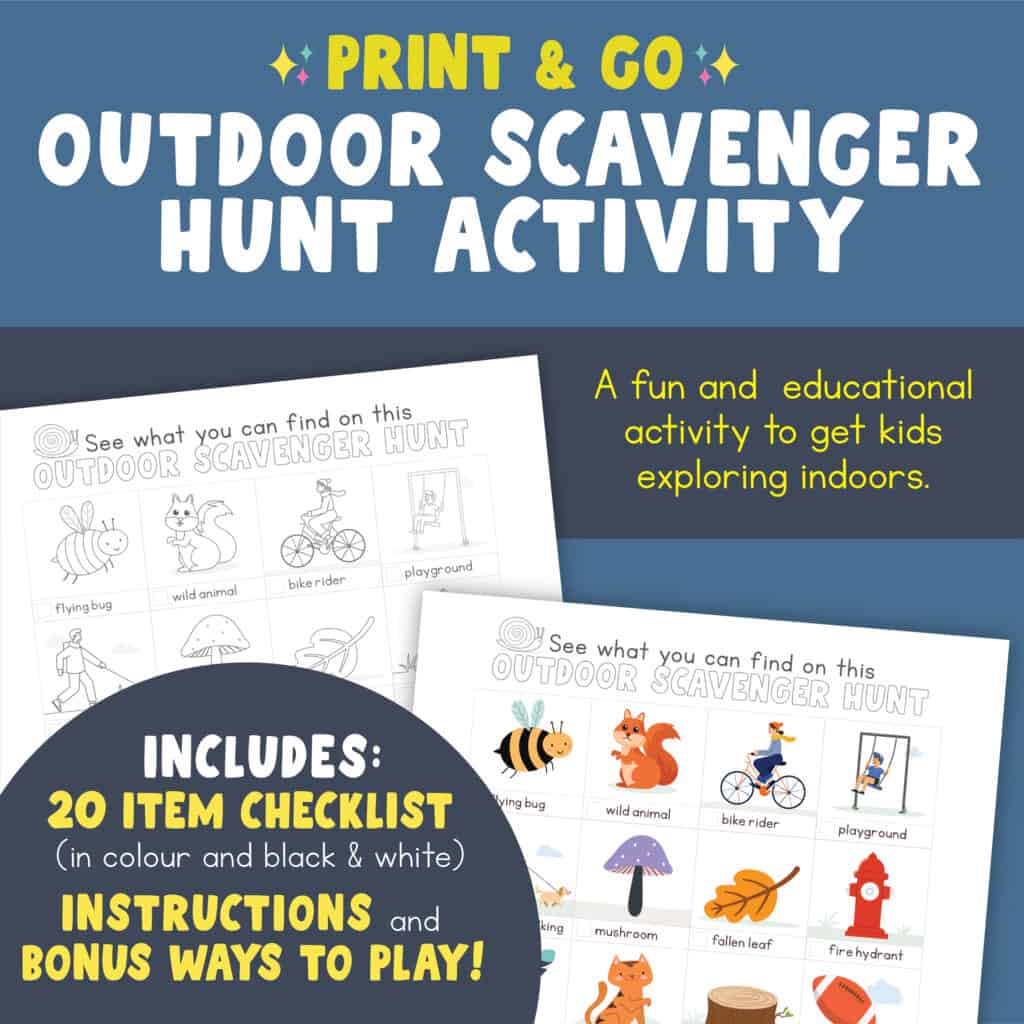13 Surprising Reasons to Celebrate National Scavenger Hunt Day
As a Montessori teacher and stepmom, I love how National Scavenger Hunt Day blends learning with unforgettable fun. It’s the perfect way to spark curiosity, teamwork, and a sense of adventure in kids of all ages.
Unsure when National Scavenger Hunt Day is? No worries! We’ve got all the information you need, along with some fantastic reasons to celebrate this exciting occasion.
National Scavenger Hunt Day
You might be surprised to know that there is a day dedicated to scavenger hunts, but it’s true! National Scavenger Hunt Day is celebrated on the same date every year in the month of May.
National Scavenger Hunt Day isn’t just about the thrill of the hunt, it also builds teamwork, problem-solving, and creativity. It’s an opportunity to get outside, explore new places, and make lasting memories.
Keep reading to learn all about National Scavenger Hunt Day. We’ll share fun ways you can make the most of this adventure-filled day!
13 Reasons to Celebrate National Scavenger Hunt Day With Kids
As a Montessori teacher, I highly recommend using scavenger hunts as a fun and engaging learning tool for elementary-aged kids. In fact, these same reasons make them great for teens too! It’s the perfect way to mix adventure, education, and hands-on fun for all ages.
1. A sneaky way to get kids to exercise.
Scavenger hunts typically involve physical activity such as running, crouching, walking, and searching high and low for items. Kids may not even realize that they are exercising because they are having so much fun completing the scavenger hunt.
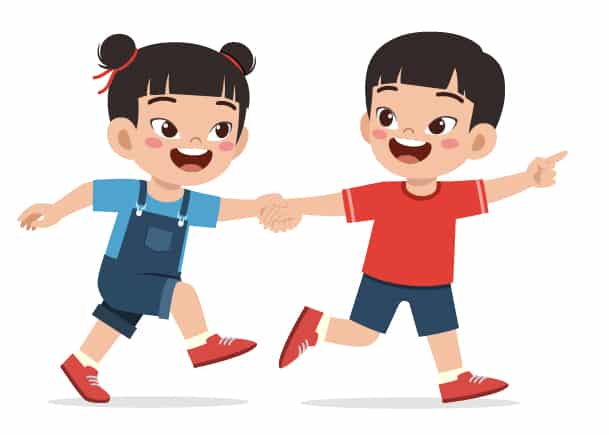
This is a great way to get kids moving and active, which is important for their overall health and well-being. An added bonus is that as the adult supervisor, you get to participate in the fun and movement as well.
2. National Scavenger Hunt Day promotes quality time.
Scavenger hunts provide a great opportunity for classes, families, friends, and community groups to come together and have fun! Working towards a common goal really brings people closer.
They are also a fun way to compete with one another. This promotes socialization which is an important skill for kids to develop.
Nothing beats having fun and sharing laughs with the ones you love!
3. Scavenger hunts boost teamwork and collaboration skills.
Scavenger hunts are fun, hands-on, interactive activities that encourage teamwork and collaboration.
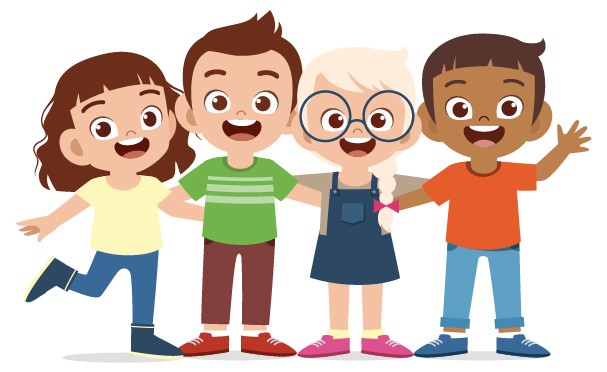
Completing a scavenger hunt requires communication, cooperation, the sharing of ideas, and problem-solving skills. Working together with others enhances these skills. They demand a level of trust and cooperation that proves valuable in any team-based environment.
In addition, scavenger hunts can help build leadership skills. Participants take on roles like solving clues or leading tasks, strengthening their confidence and teamwork.
4. Boosts creativity and innovation through problem-solving.
Scavenger hunts are a great tool for developing creative problem-solving skills.
The process of finding and solving clues requires participants to think outside of the box, use their imaginations, and come up with creative solutions to problems.
Some scavenger hunts require kids to use their problem-solving skills to figure out clues and then find those items. This helps to develop critical thinking, logic, and reasoning skills.
Other scavenger hunts require attention to detail and test memory as participants might be looking for multiple items from their list at once.
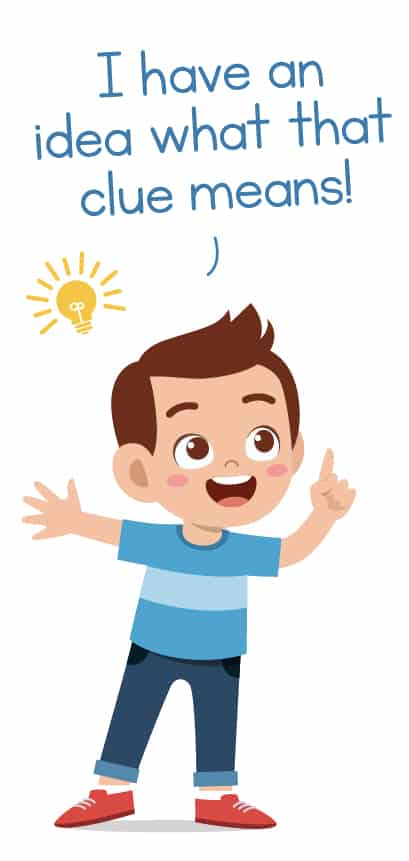
Some, like our neighborhood walk scavenger hunt, involve math skills to track points for found items.
The open-ended nature of scavenger hunts sparks creativity, encouraging participants to think critically and try different approaches.
5. A fun and budget-friendly activity.
Scavenger hunts are low-cost, needing only basic materials like paper, pencils, and creativity. This makes them affordable for families, schools, and community groups of any budget.
There are plenty of printables online that cost less than the average latte and last a lot longer, too.
The reusable scavenger hunt that we created is under $6 and has everything you need to play! Well, almost everything. Participants will need something to write with!
We’ve also created a few more scavenger hunts for kids that are all under $5!
6. Scavenger hunts can be done both indoors and outdoors.
Scavenger hunts are flexible and can be done indoors or outdoors, making them perfect for any occasion. Whether in a classroom, park, museum, neighborhood, or even at home, they can be enjoyed regardless of weather, location, or time.
💡 Teacher Tip: Looking for different ways to use scavenger hunts?
We created a list of fun and useful ways to use our printable scavenger hunt card game. These ideas could be used with other scavenger hunt activities as well.
7. Improve observation skills in children.
Scavenger hunts can help children develop their observation skills by teaching them to be more aware of their surroundings and notice details that they might otherwise miss.
Participating in scavenger hunts can help children develop their ability to pay attention to details in their environment. This is because these activities require them to focus their attention on specific items or clues, leading to improved attention skills.
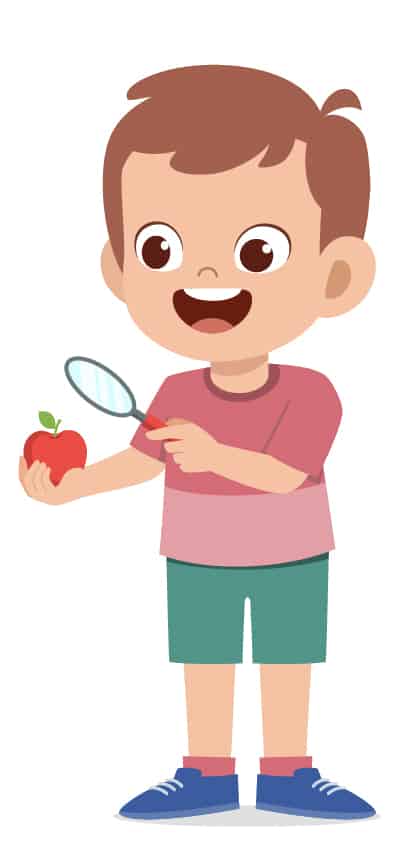
Children also become more attuned to the environment around them. This can also help them develop a sense of spatial awareness, which is useful in other areas of life, such as navigating new places or following directions.
8. Scavenger hunts promote good sportsmanship.
Playing games is an excellent way to help children learn the values of good sportsmanship, including fairness, respect, and teamwork. Through games, children learn to follow rules, take turns, and show respect for their opponents, whether they win or lose.
Scavenger hunts offer a safe, supportive environment for children to learn and practice new skills.
When children are playing games, they can learn to be good sports by observing the behavior of others. They can see how others handle winning and losing, and learn to emulate positive behavior.
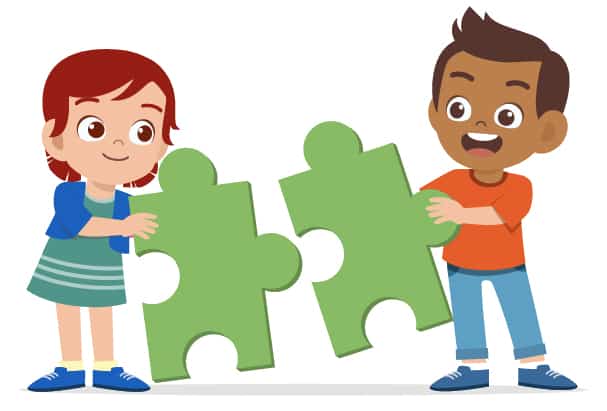
In addition, playing games to enhance learning helps children develop teamwork skills, as they work together with others to achieve a common goal. This helps them appreciate collaboration and understand the value of supporting teammates.
Games create a fun learning environment that helps children develop positive attitudes towards competition, teamwork, and fair play – skills valuable for success in life.
9. They help develop visual memory.
Scavenger hunts are not only fun, but they are also an excellent way to develop visual memory skills in children.
As kids search for items or clues during a scavenger hunt, they are required to observe their environment carefully and remember what they have already seen and where they have already looked.
This develops their visual memory and recall skills, which are essential for academic success and everyday life.

On top of that, scavenger hunts challenge children to remember the items they are looking for throughout the hunt. With a list of numerous items to find, players must retain and recall multiple targets simultaneously.
This multi-item focus demands a robust visual memory, enabling them to scan their environment effectively and keep a keen eye out for various objects on their list.
10. Scavenger hunts develop a child’s organizational skills.
By creating lists and checking them off, children can learn to keep track of their progress and what they have accomplished. This also teaches them to plan ahead and prioritize their tasks, which are important skills for success in school and in life.
Depending on the type of scavenger hunt, players must plan their route, keep track of clues, and manage their time to complete the hunt. This requires the ability to prioritize tasks, use critical thinking skills, and manage multiple pieces of information at once.
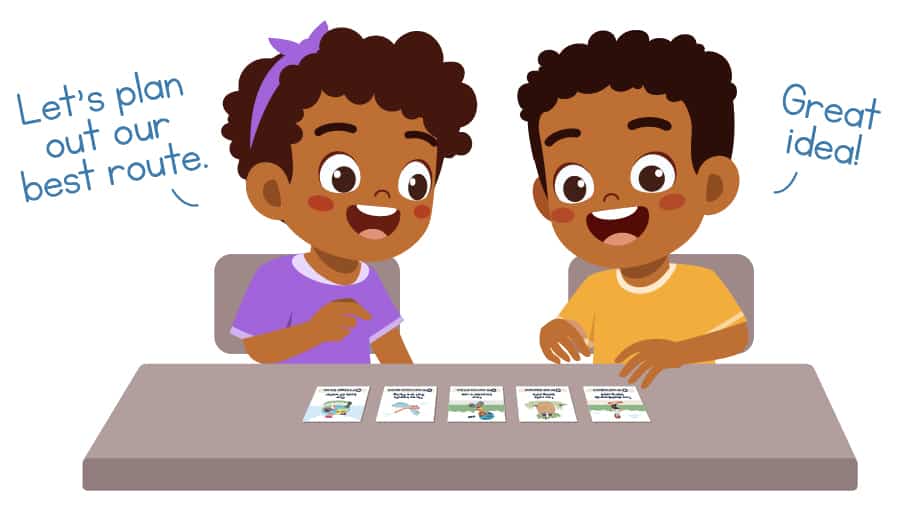
Moreover, scavenger hunts also encourage children to develop their organizational skills by requiring them to keep track of various items during gameplay, such as pencils, paper, clipboards, and possibly even maps, throughout the activity. They learn how to keep these items organized and accessible to use whenever they are needed.
Organizational skills can help children in a variety of areas of life, including school, home, and personal. They can learn how to manage their time more effectively, stay focused on their goals, and stay organized even in the midst of complex tasks or activities.
11. They spark curiosity and foster a new perspective.
Scavenger hunts can be an excellent way to ignite children’s curiosity and inspire them to learn more about the world around them.
As kids set off on a scavenger hunt, they are encouraged to explore new places and discover new things, which can spark their interest and promote a sense of wonder.
This activity offers a unique perspective on familiar surroundings. Even if children walk through the same neighborhood every day, participating in a scavenger hunt can encourage them to look at their surroundings in a fresh and exciting way.
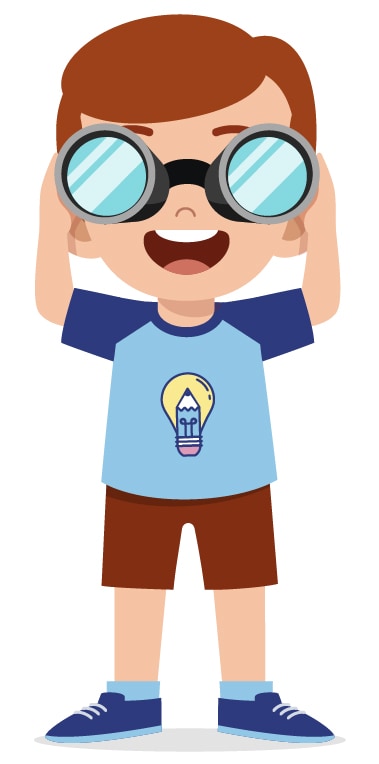
By seeing their surroundings through a new lens, children gain a deeper appreciation for their environment.
12. Offer a fun and exciting escape from classroom stress.
A scavenger hunt offers a break from traditional classroom instruction, helping reduce stress and burnout. It allows students to reset, refocus, and engage in a fun, interactive activity.
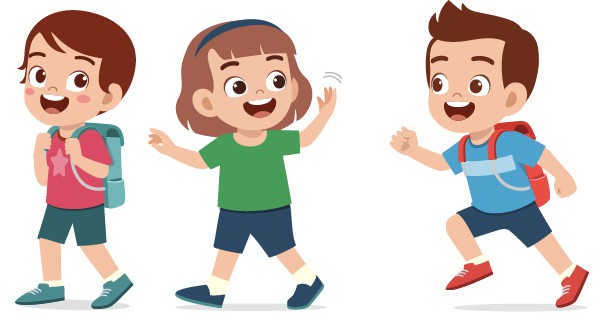
Scavenger hunts get students moving, reducing the negative effects of sitting for long periods. They also foster social connections, helping students feel more engaged and connected to peers and teachers.
💡 Teacher Tip: Use scavenger hunts at the end of the school year!
As the academic year ends, many students may feel restless and eager for a break from the school routine. Scavenger hunts allow students to unwind and have fun, while still participating in a meaningful, educational activity
13. National Scavenger Hunt Day offer kids lots of fun!
Scavenger hunts allow children to explore and embrace their natural curiosity. They are fun, engaging, and offer kids the chance to be themselves.
On National Scavenger Hunt Day, children experience adventure, discovery, and active fun.
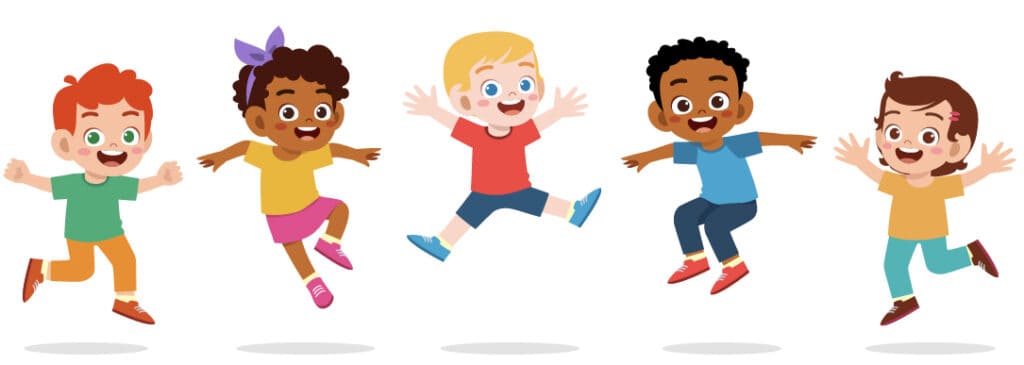
Scavenger hunts let children escape everyday pressures and simply enjoy being kids. Their structured yet flexible nature offers a safe and stimulating way for kids to play and explore.
This freedom encourages children to express themselves, embrace their individuality, and build confidence and self-esteem.
All You Need to Know About Scavenger Hunts
A scavenger hunt is a game or activity where participants are given a list of items or clues and must find or collect them within a designated area and possibly in a predetermined time frame.
The items or clues can be hidden, scattered, or visible in plain sight, and participants must use their problem-solving skills to find them.
Scavenger hunts can be customized to fit any theme or location, from indoor to outdoor, and can be designed for any age group.
For example, an outdoor nature-themed scavenger hunt might require participants to find specific types of leaves or flowers, while a city-wide scavenger hunt might involve finding certain clues to different landmarks or businesses.
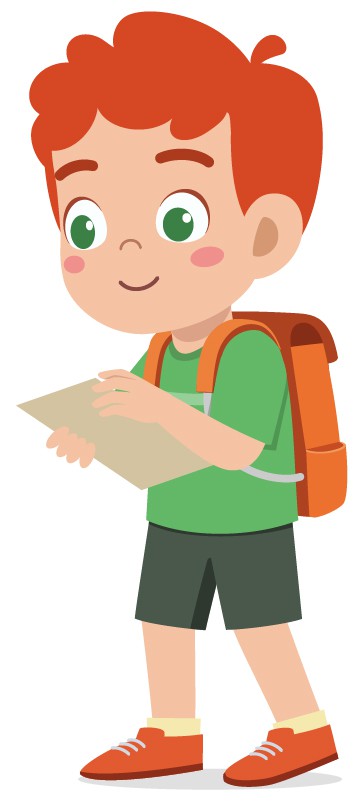
Scavenger hunts are a fun and interactive way to promote teamwork, problem-solving skills, and creativity, and can be a great activity for parties, team building, or family bonding.
When is National Scavenger Hunt Day?
National Scavenger Hunt Day is celebrated on May 24th every year.
In 2025, National Scavenger Hunt Day will be observed on Saturday, May 24.
This special day is a great excuse to get the kids moving, exploring, and learning in disguise.
There are so many different types of scavenger hunts out there that appeal to the elementary child and they’re just a click away!
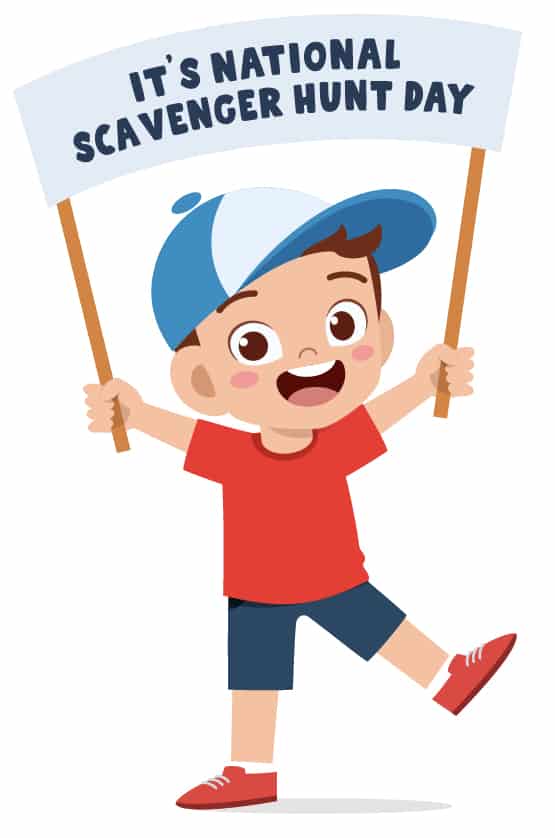
💡 Teacher Tip: Get ready to celebrate National Scavenger Hunt Day!
Having an awesome printable scavenger hunt on hand and ready to go for kids to participate in is clutch!
Read our blog How to Make a Scavenger Hunt for Kids and put your own hunt together.
Upcoming National Scavenger Hunt Day Dates
Upcoming National Scavenger Hunt Day dates:
Saturday, May 24, 2025
Sunday, May 24, 2026
Monday, May 24, 2027
Wednesday, May 24, 2028

💡Teacher Tip: Add National Scavenger Hunt Day to your Calendar!
We’ve created a Google Calendar Event that repeats annually that you can add to your Calendar by clicking here!
National Scavenger Hunt Day History
The origin of National Scavenger Hunt Day is not clear, but it is believed to have been established by some scavenger hunt enthusiasts as a way to promote this fun activity.
One person who played a significant role in popularizing scavenger hunts is Elsa Maxwell and her birthday was May 24, 1883.
Elsa Maxwell was a famous American socialite, columnist, philanthropist, and party planner.
She was known for her extravagant parties, wit, and charisma, and was often referred to as the “hostess with the mostest.”
While she became a popular writer and radio host, Elsa Maxwell was equally famous for her parties. She was known for her creative themes, attention to detail, and ability to bring together diverse groups of people. This woman organized some of the most elaborate and luxurious parties of her time and she often incorporated scavenger hunts as a part of her events.
Elsa Maxwell started organizing scavenger hunts in the 1920s and 1930s, and they quickly became a popular pastime among the elite circles of society. She would design elaborate scavenger hunts that involved finding and collecting items from different locations, and she would award prizes to the winners.
Her innovative scavenger hunts became so popular that they were eventually adopted by schools, summer camps, and other organizations as a fun and engaging activity for kids. Today, scavenger hunts are enjoyed by people of all ages and have become a popular activity for team-building, family game nights, birthday parties, and other special events.
Other Fun Days to Note and Celebrate with Kids
Here are a few other fun days you may want to celebrate with the elementary-aged kids in your life. Get your calendar out and see which ones your kids are interested in.
We’ve included one for each month of the year here!
⚒️ Kid Inventor’s Day – January 17
🏳️ National Flag Day – February 15
🥧 Pi Day – March 14
💃 International Dance Day – April 29
👨🏫 National Teacher Day – May 3
💪 National Health and Fitness Day – June 4
🍫 World Chocolate Day – July 7
🎨 National Coloring Book Day – August 2
🦹♀️ National Comic Book Day – September 25
👩🏫 World Teacher’s Day – October 5
🕊️ World Kindness Day – November 13
✍️ Letter Writing Day – December 7
The Wrap-Up: National Scavenger Hunt Day
National Scavenger Hunt Day is a great opportunity for kids to have fun, explore their surroundings, and build important skills.
By participating in a scavenger hunt, children can develop teamwork, problem-solving, and social skills, while also enjoying the thrill of the hunt. Plus, scavenger hunts can be tailored to different interests and themes and can be done outdoors or indoors, making them a versatile and engaging activity for families.
So why not celebrate National Scavenger Hunt Day with your kids this year? Get outside – or stay in – and see where the hunt takes you!
Keep your kids busy learning with the educational activities in these blogs:
11 Ways to Use Our Roll A Story Dice Game
13 Engaging Vocabulary Development Activities for Elementary Kids
Rebus Puzzles for Kids: A Comprehensive Riddle-Solving Guide
31 Fun Summer Reading Activities Elementary Students Will Love
The Best Neighborhood Walk Scavenger Hunt and 13 Different Ways to Use It
8 Easy Rebus Puzzles with Answers
27 Educational YouTube Channels to Prevent Summer Learning Loss
Save this blog for later by pinning it now!
